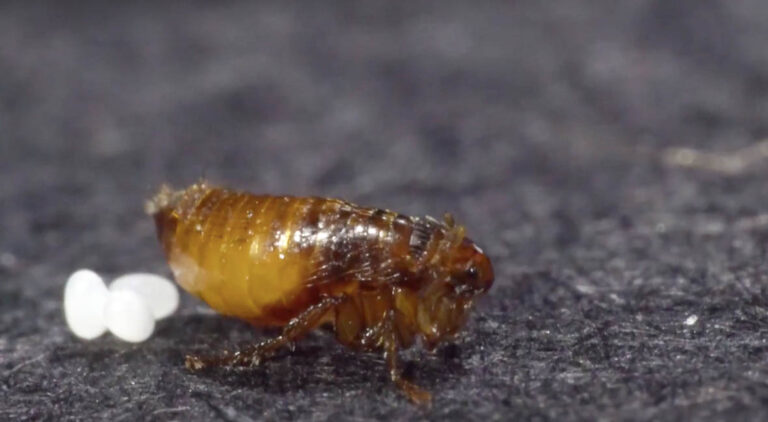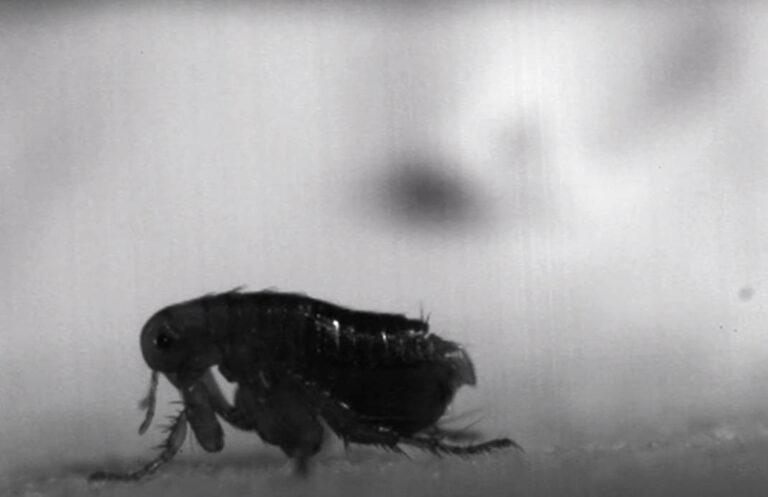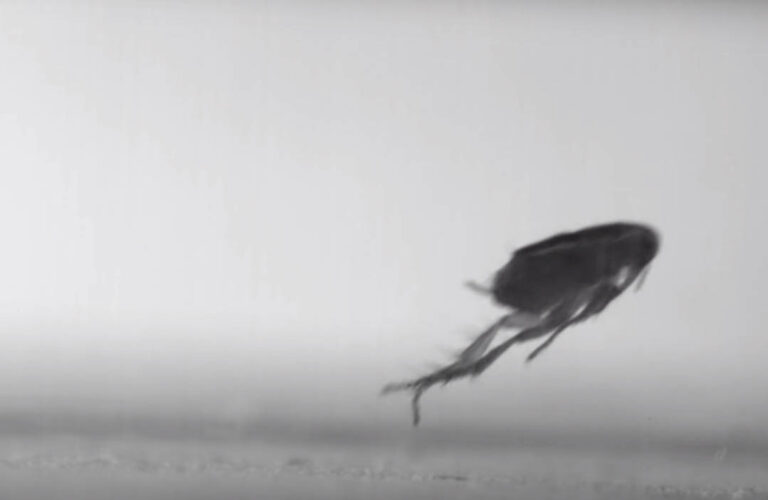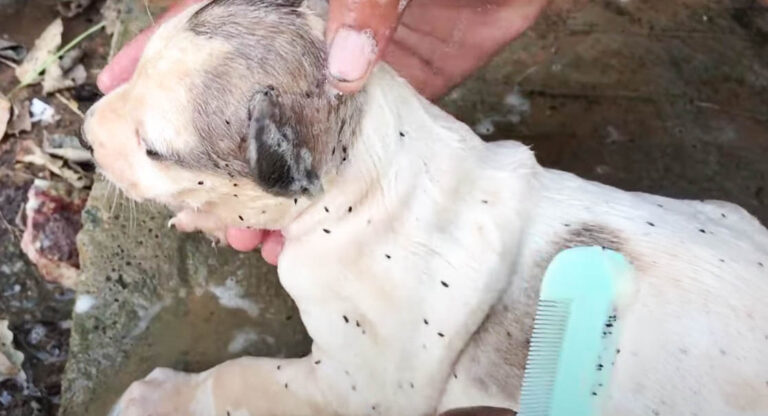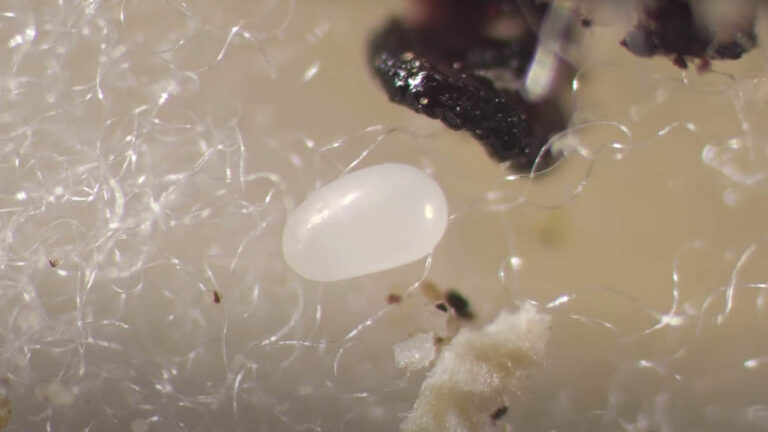What diseases do fleas carry?
What diseases do fleas carry?
Fleas are one of the most widespread parasitic insects in the world. Over 2500 species of these tiny wingless insects are found across the globe and about 300 species live in the United States.
As pests, fleas feed on the blood of warm-blooded animals including humans, however, they prefer to feed on furry animals such as dogs, cats, rats, birds, etc. because the furs of these animals provide them with the shelter and warmth they require while they stay hidden and feed.

Although wingless, fleas have 3 pairs of legs that are well-adapted for jumping onto the bodies of potential host animals. Their scaly reddish- rown bodies give these insects a good cushion when a host scratches furiously in response to their irritating and itchy bites.
The most common flea species is the cat flea. And as their name suggests, cats are their favorite hosts, but cat fleas will not hesitate to latch on to dogs, rats, raccoons, skunks, rabbits, mice, opossums, or any other animals that have delicious blood meal flowing through their veins, including humans.
In the United States, cat fleas are the most common cause of flea bites and infestations. When a flea jumps on a host, it uses needle-like mouthparts that are well-adapted for piercing flesh and drinking blood. A flea’s mouth comprises of three needle-like parts, two of them are used to pierce the skin in search of blood while the third, which is also the center needle, will push into the wound and the sucking begins.
Flea bites are generally very irritating and itchy and the affected area will often appear red and swollen because the saliva of fleas contains substances that irritate the skin and this can cause serious allergic reactions in cats and dogs known as flea allergy dermatitis. But besides the itchy feeling, flea bites can be much more dangerous. These tiny blood-suckers are also capable of transmitting diseases to humans and animals.
Cat fleas are known to transmit tapeworms to both humans and animals, therefore, when pets are exposed to flea bites they are at risk of getting infected with tapeworms. Cat fleas are also known to carry the bacteria that are responsible for Lyme disease. The bacterial disease murine typhus is spread by fleas and this can be transmitted to humans through infected rats.
A species of fleas, the oriental rat fleas, are famous for spreading the very deadly Bubonic plague which led to the infamous 14th century Black Death. To date, the Black Death remains the deadliest pandemic ever recorded in human history and it claimed up to 200 million lives in Eurasia and North Africa.
This plague was caused by the bacterium Yersinia pestis and transmitted by rat fleas. Yersinia pestis is responsible for 3 types of plagues, the Bubonic plague, the Septicaemic plague, and the Pneumonic plague, together these three plagues were responsible for the Black Death.
Yersinia pestis is found in rats and is transmitted to humans by fleas that have fed on these infected rodents.
The Bubonic plague is characterized by bacteria-filled swellings in the lymph nodes especially around the armpits and groins. The Pneumonic plague affects the lungs and causes severe chest pain and shortness of breath, this can spread from person to person through droplets coughed up or sneezed by infected persons.
In the Septicaemic plague, the Y. pestis bacteria invades the bloodstream and causes fever, extreme weakness, abdominal pain, diarrhea, and bleeding from the mouth, nose, rectum, or under the skin and oftentimes the skin and other tissues may turn black and die (gangrene), especially the fingers, toes, and nose. If left untreated, the Bubonic plague kills 50% of infected persons while the Pneumonic and Septicaemic plagues kill 100% of infected persons.
Another flea-like insect called chigoe (or sometimes sand flea) is also known to bite humans and cause some serious bacterial infections, and without prompt treatment will lead to loss of toenails, deformation, or limb amputation.
Fleas are very dangerous pests and flea bites are not to be taken lightly. An infestation in your home should be given the urgent attention it needs. Seek immediate medical attention for your pets and yourself if you suspect that fleas have found their way into your home, and get in touch with an expert pest control company to deal with the menace before it becomes a major problem.

